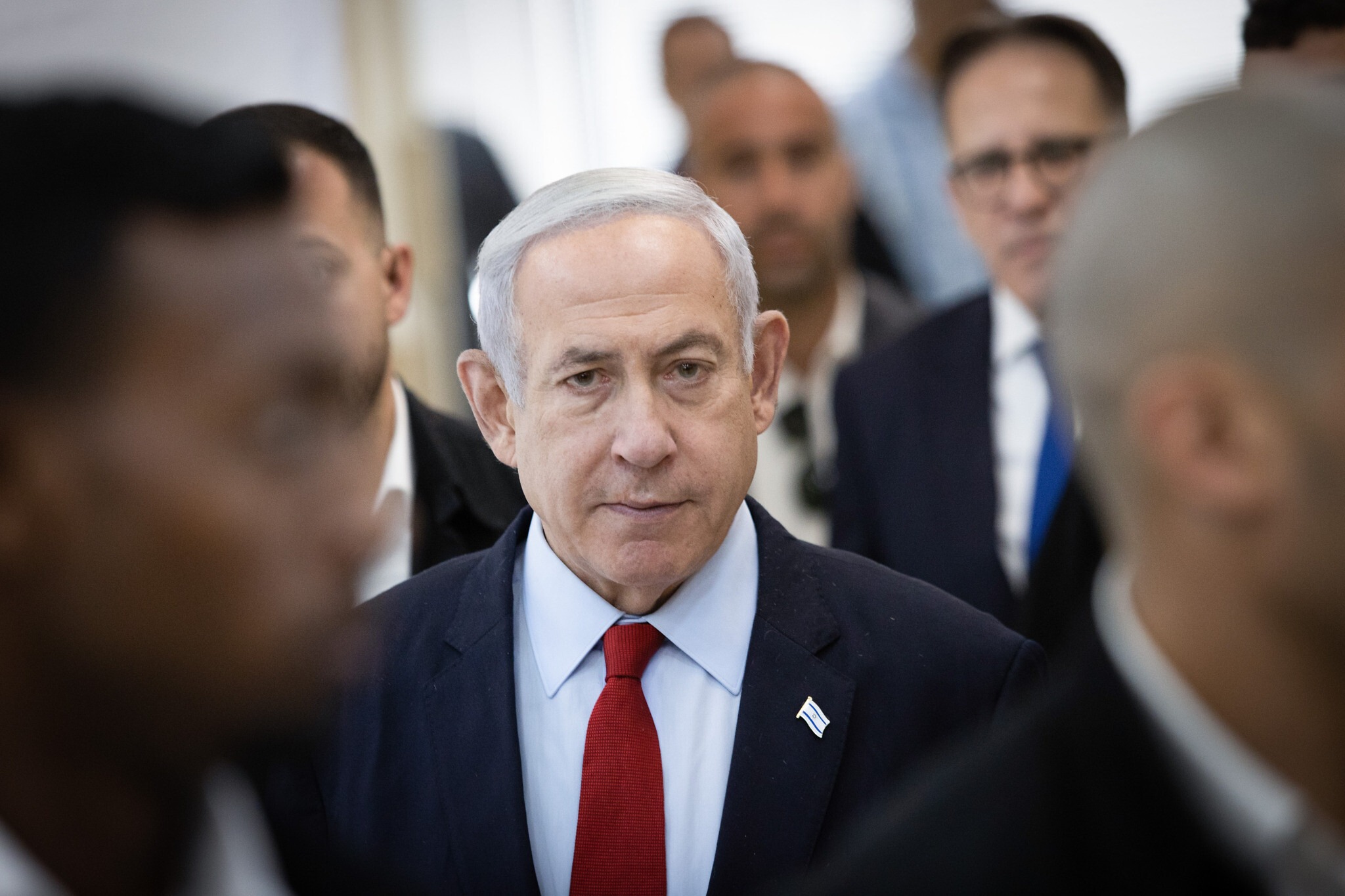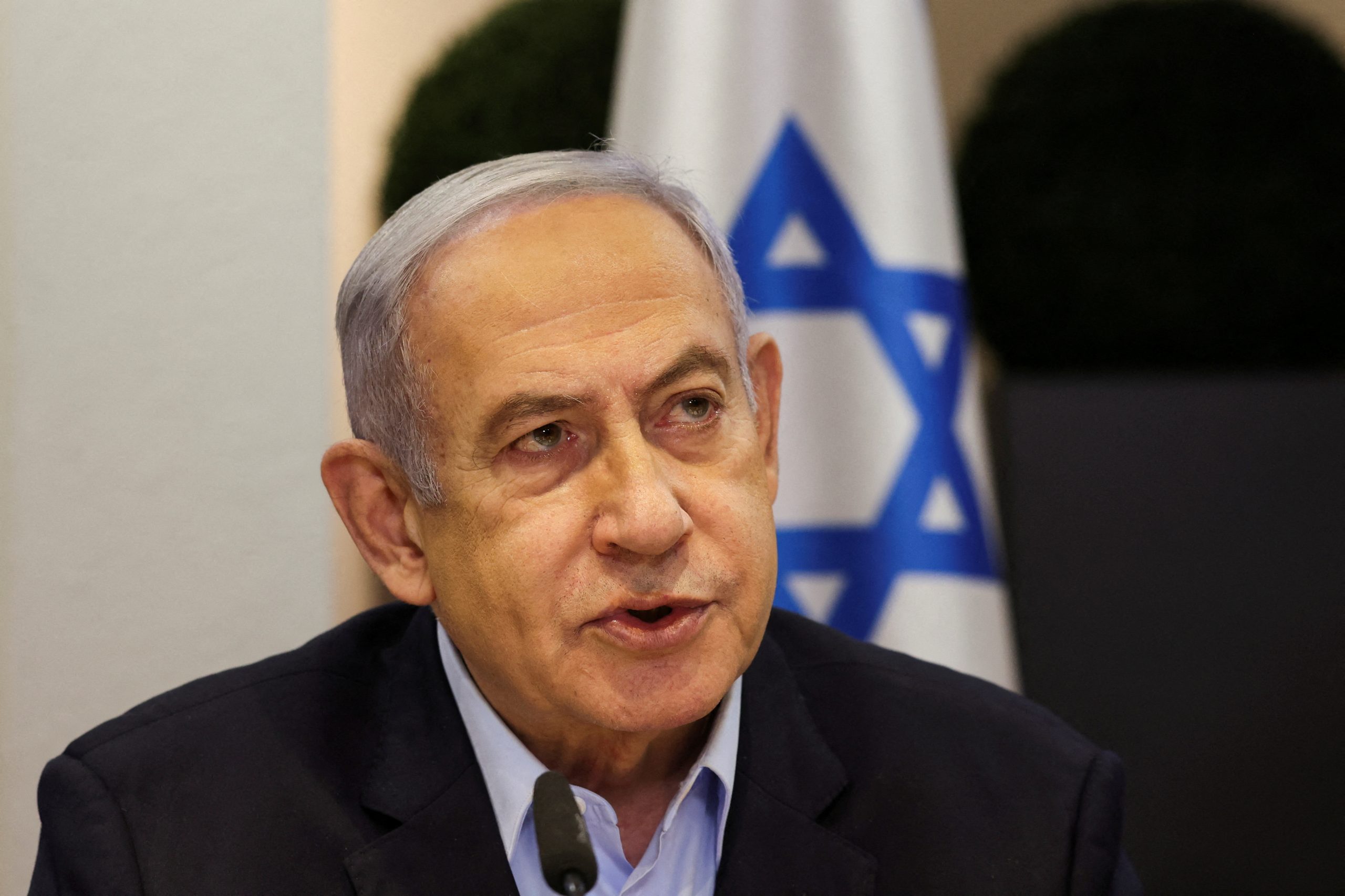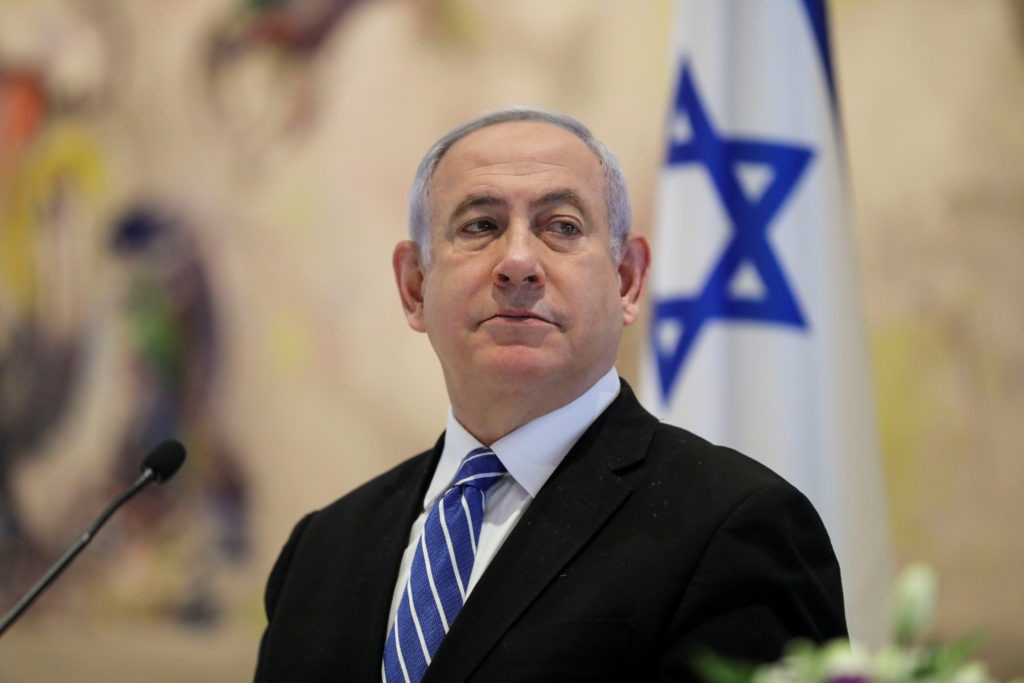On October 6, 2023, Israel was in turmoil due to Prime Minister Benjamin Netanyahu’s controversial attempt to overhaul the Israeli judiciary, dubbed the Judicial Coup by critics. Netanyahu proposed sweeping changes to the process of selecting judges and the authority of the Supreme Court in judicial review.
These changes were not minor adjustments but a drastic overhaul aimed at making the Israeli judiciary subservient to the government. In Israel’s parliamentary system, where the legislative and executive branches are closely intertwined, such changes raised concerns about the erosion of checks and balances.

Benjamin Netanyahui (Credits: The Times of Israel)
Netanyahu’s primary goal appeared to be eliminating any constraints on governmental power. The proposed reforms sparked widespread protests, with hundreds of thousands of Israelis from across the political spectrum demonstrating for ten consecutive months.
Many believed the initiative was driven by Netanyahu’s desire to evade corruption charges he faced, leading to ridicule of protest leaders by members of his cabinet.
On October 7, following Hamas attacks in southern Israel, anti-Netanyahu protest groups shifted their focus to providing social services that the government failed to deliver.
These services ranged from aiding families affected by the conflict to procuring supplies for soldiers. In a post on October 9, 2023, it was noted that Iran and Hamas had misinterpreted the protests as a lack of resolve to defend the country, highlighting a disconnect between the government and its citizens.

Benjamin Netanyahu (Credits: Reuters)
Netanyahu’s actions continued to prioritize personal interests over the welfare of the state, leading to widespread criticism. Polls showed that a majority of Israelis wanted him to resign, citing concerns about his handling of the conflict and his political motives.
Netanyahu’s reliance on a right-wing coalition hindered efforts to convey that the conflict was against Hamas rather than the Palestinian people.
Meanwhile, the humanitarian crisis in Gaza worsened, overshadowing efforts to maintain relations with Western governments. Despite being a lesser threat than Hamas, Hezbollah in Lebanon posed a strategic challenge to Israel.
With tensions escalating between Hezbollah and Israel, questions arose about which countries, besides the U.S., would support Israel in the after-effect of the Gaza conflict.























